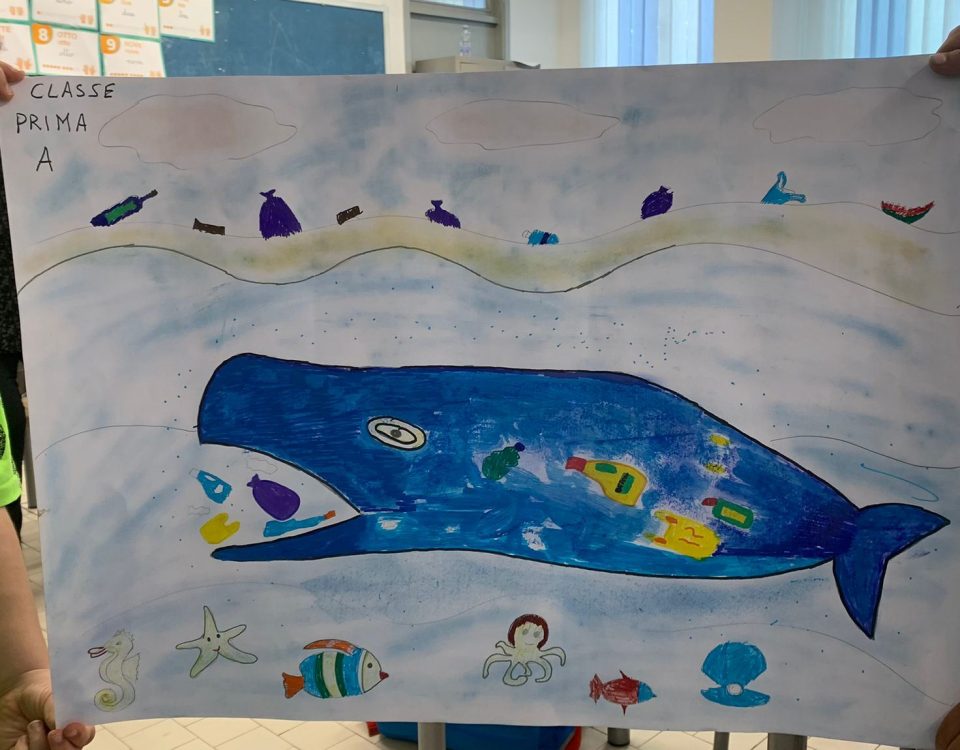Fish-borne zoonotic parasites

The BAPSI project on the canadian channel Ici Television
Aprile 28, 2021
Fish and fatty acids
Maggio 3, 2021Fish-borne zoonotic parasites

Fish-borne zoonotic parasites are of high public health and socio-economic concern; anisakiasis is a zoonosis caused by gastrointestinal (rarely ectopic) parasitism by marine parasites of the genus Anisakis (Nematoda: Anisakidae) that typically use cetaceans as final or definitive hosts, small crustaceans as intermediate hosts and fish and cephalopods as intermediate or transport hosts within their life cycle.
They can cause human anisakiasis which may be associated with allergic symptoms following the consumption of raw or lightly cooked fishery products containing live Anisakis. Allergy to Anisakis can also occur in sensitized individuals, resulting from consumption of fishery products contaminated with Anisakis allergens.

